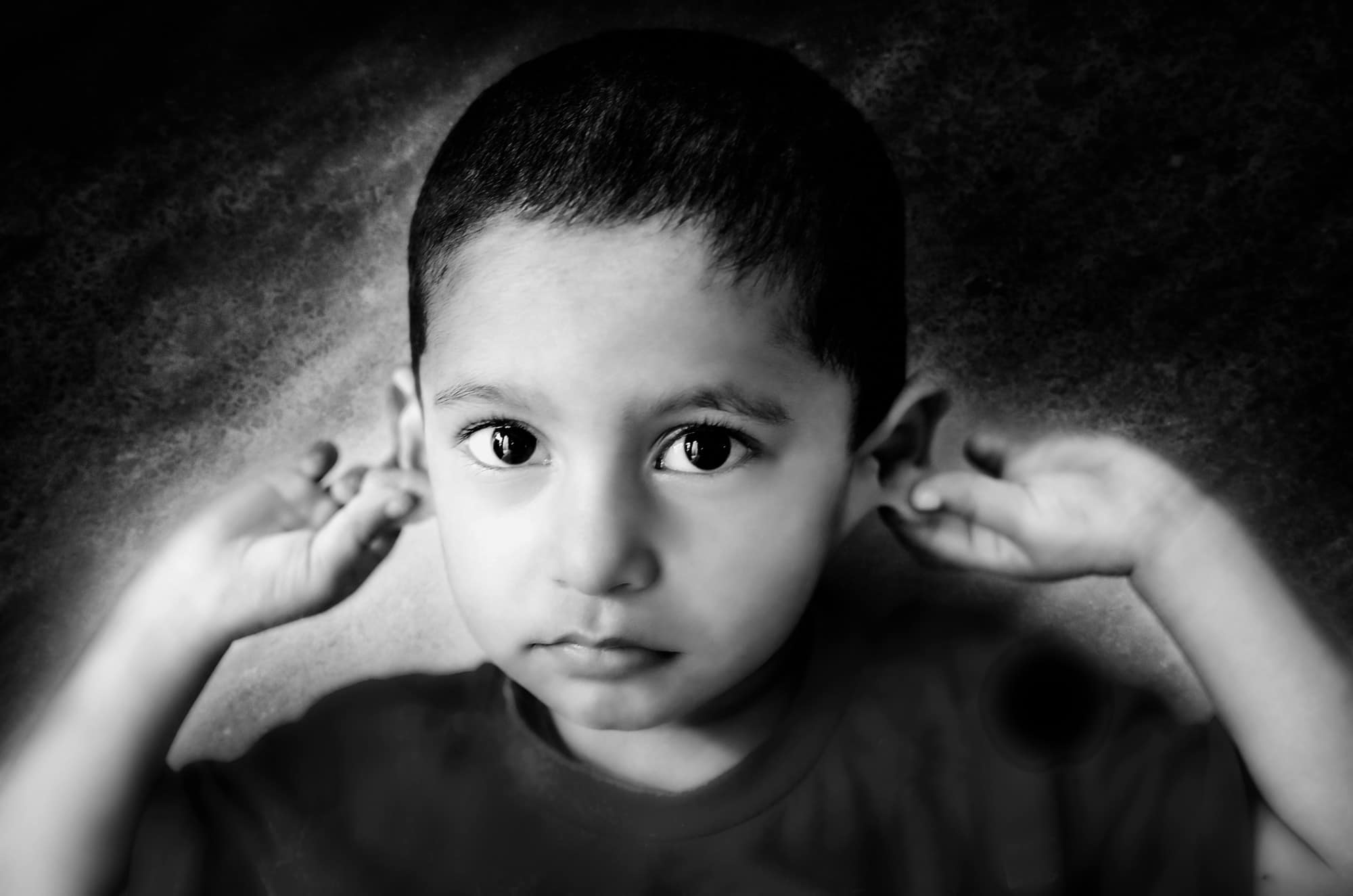The single most important thing that a child needs from their parent is demonstrable proof of their love. For most children, this comes in the form of their parent’s attention. If you don’t give it to them, they’ll do anything that they can to get it. Naughty or attention-seeking children do not behave the way that they do because they are inherently bad, but because they need attention to grow and thrive.
Naughtiness is simply the most effective way that they have learned to get the attention they crave. They know that when they are bad and push their parents' buttons, their parents respond by paying attention to them. They make no distinctions regarding positive or negative attention. They just want your attention any way that they can get it. It is your job to make sure that your children aren’t driven to seeking the wrong kinds of attention.
The Need for Attention
Children actually have a physiologically-based need for attention. Your child isn't capable of taking care of themselves yet. They need attention from their parent to live, and to show them how to act. For these reasons, children are very well-equipped to single out the acts and behaviors that garner them the attention that they need.
It’s a simple act of survival on their part. As a parent, you need to know what kind of attention you are encouraging your child to seek and respond to. There are three kinds:
Positive Attention
Negative Attention
No Attention
Obviously the last is the most immediately dangerous. Children who do not get the attention they need cannot and do not develop properly. They suffer physical, emotional, and mental problems as a result of the neglect. What you are aiming for, of course, is to give your child positive attention, but often we find ourselves giving the exact types of negative attention that we are hoping to avoid.
Choosing Positive Attention
In order to teach your child to respond and seek positive attention from you, you must be prepared to begin a preemptive campaign against the negative. You will need to catch your child in the act of being good, which can be much more difficult than catching bad behavior. We are far more likely to take children’s good behavior for granted and punish their bad behavior. Still, if you make the effort it can be done. When you get your chance to praise your child, make sure that you are specific and authentic in your praise.
Don’t just brush them aside with a statement like “good job” that only invites them to feel dismissed. Instead, use the opportunity to give them some real attention without demanding anything in return. Experts say that fifteen minutes of this kind of quality time can result in up to thirty minutes when your child will not need your attention. They will simply have enough for the time being.
Make Sure You're Teaching Them
Your child learns many of their behaviors from you, especially when they're young. Part of giving your child the right attention means teaching them the right lessons on how to behave. You can do this largely by setting a good example yourself. Be polite and respectful to others, respect others' boundaries, and don't speak in language you don't want your child to use.
Other times, you'll have to use specific teaching moments to help your child learn how to behave. A child isn't born knowing how to act at the table, for example. When you catch them chewing with their mouth open, stop them and explain that it's rude to do so. Once a child is aware that their behavior is unacceptable, they'll be less likely to repeat it. This is, of course, assuming that they know there will be a negative consequence if they do.
Giving your child positive attention doesn't mean that you never punish them. Every child is going to act out, and sometimes it's simply because they want to test your boundaries. Be understanding and patient when your child doesn't know better, but put your foot down and make it clear that you won't accept bad behavior when they do know better.
Stop to consider whether you're not giving them enough or the right kind of attention. If so, adjust your own behavior accordingly. That doesn't mean you give your child a free pass to act naughty, but it does mean that you make changes in your own life to ensure your child is getting what they need. Finding the right balance between being a positive parent and a guiding disciplinarian is key.
The image featured at the top of this post is ©harshvardhanroy/ via Getty Images.
